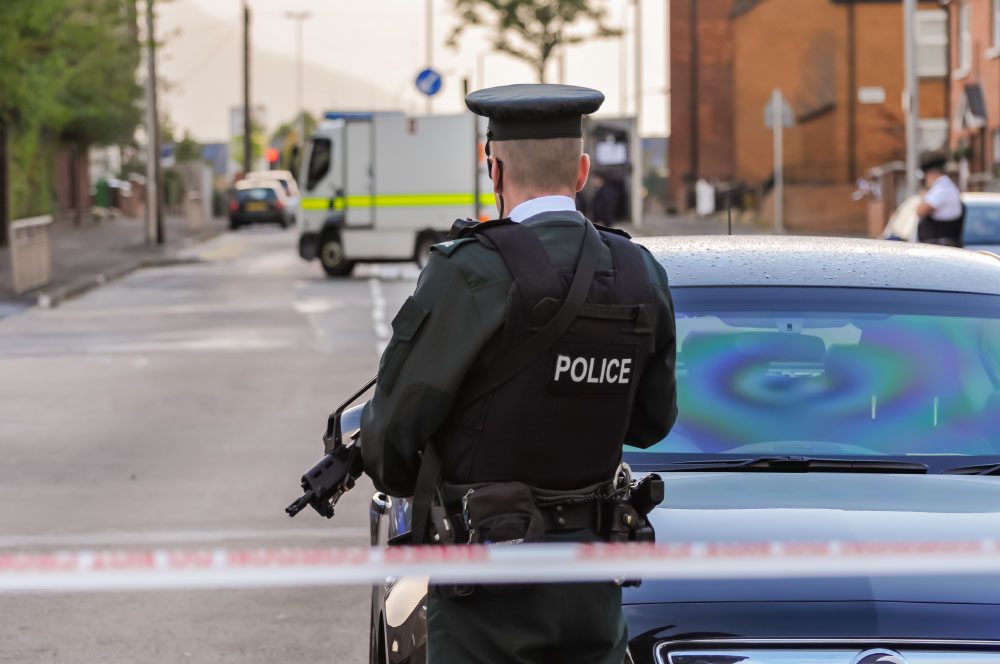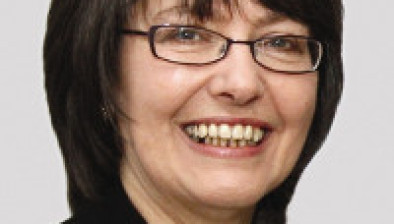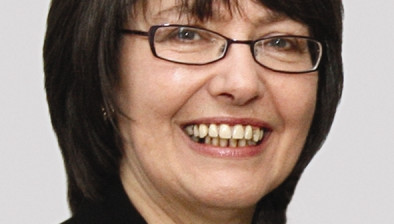PSNI stop and search ‘disproportionately targeting’ minority communities

Human rights campaigners have raised concerns about the disproportionate use of stop and search by the PSNI on people from minoritised ethnic communities and on children.
Figures published this week show that 21,190 people were stopped and searched in Northern Ireland by police last year.
People from black, Asian and minority ethnic (BAME) backgrounds accounted for 1,259 stops, or almost six per cent of the total, despite making up just 3.4 per cent of the total population according to the 2021 census figures.
Irish Travellers were the ethnic group most disproportionately searched by the PSNI, accounting for 353 stops, 2.7 per cent of the overall figure, despite making up just 0.1 per cent of the population as a whole.
Children aged 13 to 17 make up only six per cent of the population but accounted for almost 11 per cent of all stop and searches in Northern Ireland.
Patrick Corrigan, Amnesty International UK’s Northern Ireland director, said: “If you are from an minoritised ethnic community you are almost twice as likely to be stopped and searched by the PSNI than if you are from the white majority community. The police need to explain why this is the case.
“Black and minority ethnic people in Northern Ireland tell us they feel over-policed, yet under-protected when they themselves are victims of racist hate crime.
“The use of stop and search on children is also deeply disturbing. There were almost 3,000 stops of children under these powers last year, yet very few searches resulted in an arrest, suggesting the vast majority of stops were wholly unnecessary.
“We note with regret the PSNI’s continued failure to record the community background of those subjected to stop and search, despite repeated calls by the Policing Board for it to do so.
“Every unnecessary stop and search can leave a negative impact on community relations, with thousands of people left feeling unfairly targeted. In the long run, that is bad news for police community relations.”










